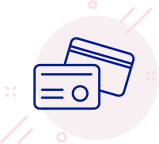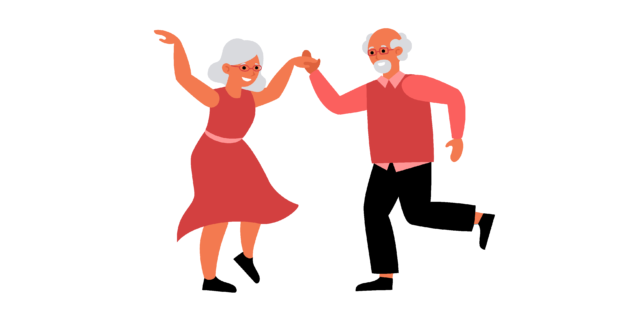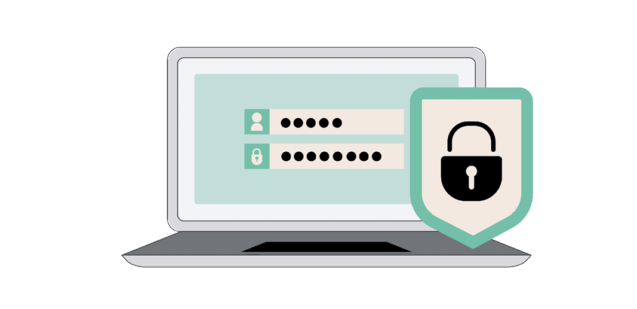Categories


If you get the best credit card interest rate available, there’s an inherent risk to credit card use — spending money on things you don’t really need and ending up over your head in debt. Because of this risk, many people don’t use credit cards.
If you’ve been burned by credit cards before, it’s understandable that you’d be reluctant to try again. However, credit cards can also be one of the most powerful tools at your disposal to build credit, track spending, budget, manage cash flow, and protect your assets.
How to Use a Credit Card Responsibly
Credit cards are simply revolving lines of credit that allow the user to make charges, up to a certain preset amount. When you swipe your credit card, the financial institution lends you the money to make the purchase and typically gives you a grace period of 20 to 30 days before interest begins to accrue. In general, responsible credit card users pay off their balance in full every month in order to avoid paying interest.
In addition to paying your balance in full, here are our top tips for responsible credit card use:
Get the Right Credit Card
Credit card companies make money in three ways. Of course, they make the bulk of their money by charging interest on any balance that you carry over from month-to-month. However, even if you don’t carry a balance, they still make some money on your credit card use because they charge stores a small transaction fee of one to three percent every time you swipe your card. Finally, they make money in fees —so be sure to read the fine print carefully when you accept a credit card offer.
Get Enough Credit
This may seem counterintuitive, but not having enough credit could be hurting your credit score. This is, in part, because most people do tend to carry a balance over for at least a couple months during the year. Credit card use boosts your credit score if you can keep your balance owed under 30% of your total available credit. If your balance is too high, credit card use will decrease your credit score. Of course, paying down your balance is one way to get to the acceptable percentage, but getting a larger credit line is also an effective way to improve your score. Most financial experts suggest opening three different credit cards to stabilize your credit.
Use Credit to Budget & Track Monthly Spending
This is one of the best ways to use credit cards responsibly to improve your financial well being. Many people who are first learning to budget wisely and live within their means use the cash envelope system to control their monthly spending — it’s effective because you can instantly see how much you have left to spend. Credit cards can be used in much the same way. Let’s say that you have three different credit cards. Set up all of your household bills on one credit card, use the second credit card for necessary expenses, such as groceries and gas, and use the third credit card for discretionary spending, such as eating out, clothing purchases, and monthly subscriptions. Developing this discipline enables you to quickly see how much you’re spending in each category during any given month and make adjustments where necessary to stay within your budget.
Create Easy Access to an Emergency Line of Credit
If you are able to avoid carrying a balance, your credit cards can also give you a greater sense of financial security. We all know emergencies happen, so it’s a good idea to build an emergency fund. However, many young people and families are unable to save a significant emergency fund and need a backup plan. In these instances, it helps to have a credit card on hand, thus saving you the astronomical interest of a payday loan.
Plan & Pay for a Large Purchase.
Again, we always recommend saving up and paying in cash, when possible. However, many credit cards offer zero percent APR for a certain time period. If you have a chance for a once-in-a-lifetime experience or want to make some other major purchase, taking advantage of a low introductory offer can be a low-risk option as long as you are sure you’ll be able to pay off your balance within the introductory period.
This material is for educational purposes only and is not intended to provide specific advice or recommendations for any individual.



